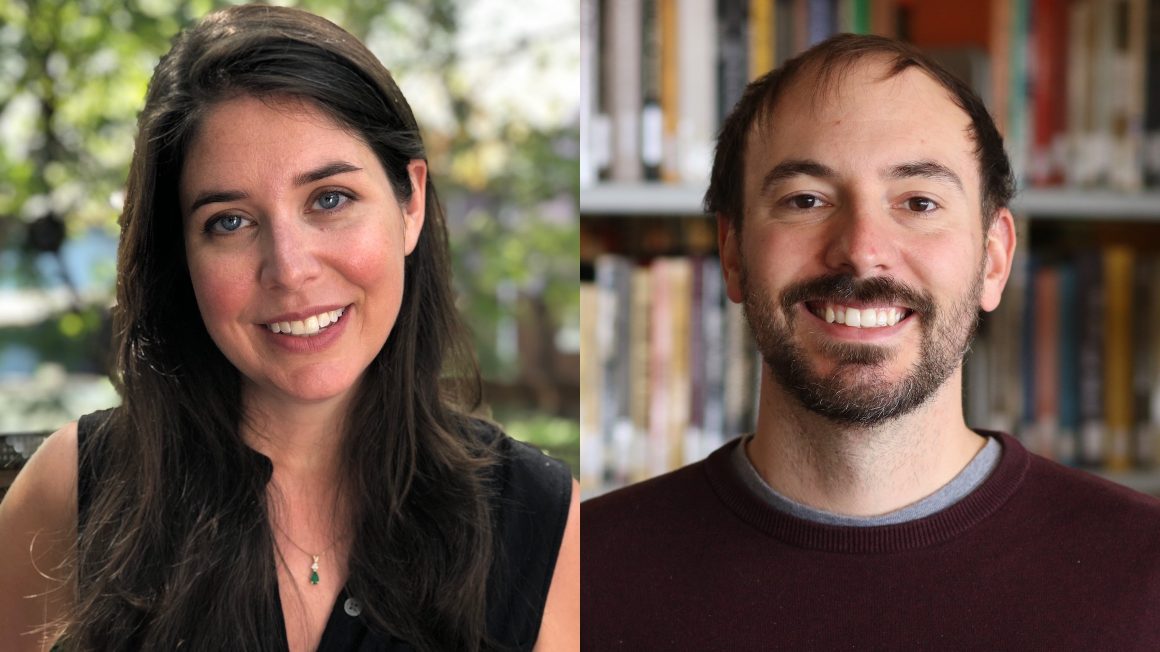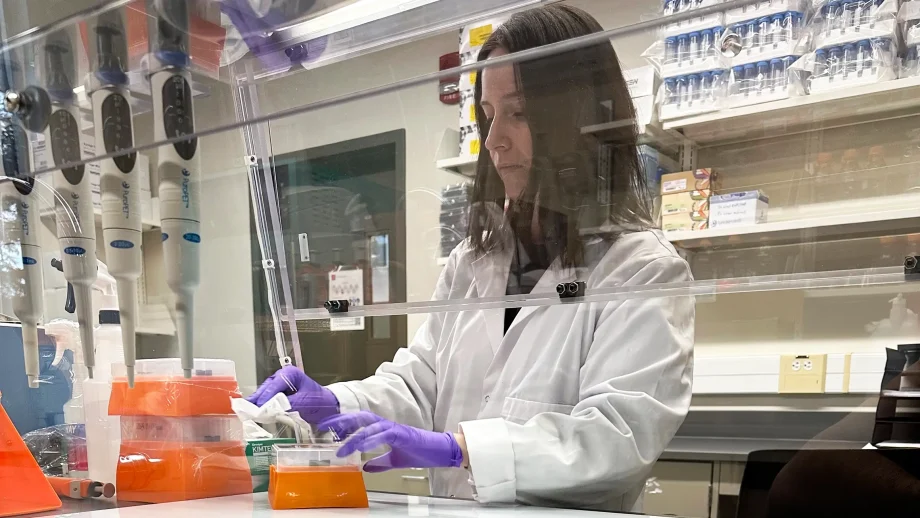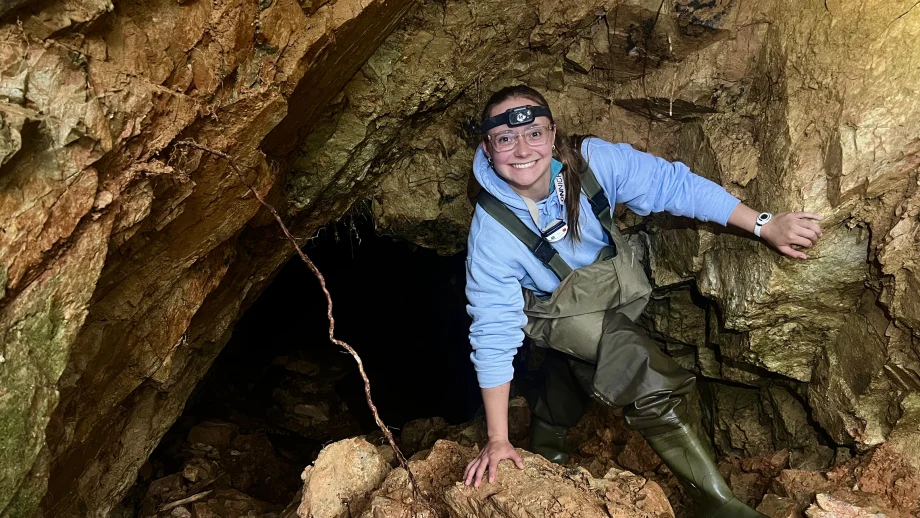During the 2021/22 academic year, The University of Winnipeg’s Research Office supported faculty and student projects and applications with more than half-a-million dollars in funding.
As a new assistant professor at UWinnipeg and an early career researcher, internal funding from the Research Office is incredibly useful to help get my lab setup and running so I can start my research program and student training.
Dr. Jean-Pierre Desforges
Over the course of four intakes — June, September, January, and March — internal grants and a Social Sciences and Humanities Research Council (SSHRC) institutional grant supported 121 faculty and six student projects totaling $507,598.
“Supporting over 100 faculty and students during the course of the past year has been rewarding. Many of our internal grant holders have been able to use these funds to either complete existing projects or to leverage larger funding from external grants,” said Dr. Jino Distasio, Vice President of Research and Innovation. “With a range of supports, we provide resources for early career researchers while also being able to help support faculty wishing to share their findings to a global audience.”
Internal funding by the numbers:
- 22 Major Research Grants totaling $159,516
- 3 Partnership Development Grants totaling $4,481
- 37 Discretionary Grants totaling $36,691
- 7 Research Workshop and Conference Grants totaling $13,586
- 3 Knowledge Mobilization and Community Impact Grants totaling $17,230
- 28 Travel Grants totaling $40,634
- 32 SSHRC Explore/Exchange Grants totaling $218,210
- 3 Undergraduate Student Research Awards in the Humanities and Social Sciences totaling $15,000
- 3 Undergraduate Student Research Travel Grants totaling $2,250
Supporting early career researchers
Of the 121 faculty projects supported by grants, 62 per cent were awarded to early career researchers. Two early career researchers who had successful grants were Dr. Jessica Riley and Dr. Jean-Pierre Desforges.
Dr. Riley’s research, Formative Dramaturgies: New Play Development Among English Canadian Alternate Theatres 1966-1979, received a SSHRC Explore Grant.
“This SSHRC Explore grant will help fund travel to the archives of several formative Canadian theatre companies focused on new-play development over the past 50 years,” said Dr. Riley. “I’m deeply appreciative of the UWinnipeg Research Office for their support of early career scholars and performing arts research.”
Dr. Riley is undertaking archival research in support of a monograph, Formative Dramaturgies, which re-examines the histories and legacies of new play dramaturgy as it emerged on a wide scale in Canada between 1967 and 1979.
Little is known about how the aesthetic and ideological values embedded in early approaches to play development shaped the canon of Canadian drama, or about how the ideological coding of early models for dramaturgy have affected the representation of race, sexuality, gender, and other marginalized subject positions both on and off stage.
In order to understand how Canadian theatre has evolved and how it continues to grow at a time when equity in the theatre industry remains an urgent concern, Dr. Riley aims to understand the histories of dramaturgy in Canada.
Dr. Desforges research, In Vitro Characterization of Risk for Chemicals of Emerging Arctic Concern, received a Major Research Grant.
“As a new assistant professor at UWinnipeg and an early career researcher, internal funding from the Research Office is incredibly useful to help get my lab setup and running so I can start my research program and student training,” said Dr. Desforges.
Chemical contamination of the environment is a major threat to global health and is of wide societal concern. Hundreds of thousands of chemicals and their mixtures are registered globally. The major challenge to chemical management is identification of persistent, bioaccumulative, long-range transported, and toxic (PBLT) compounds.
The Arctic is a key region in for identification of PBLT compounds and intensive research has focused on identifying chemical threats to the Arctic, termed Chemicals of Emerging Arctic Concern (CEACs). Currently, over 3,000 CEACs have been identified with only a small fraction currently being monitored for and detected in environmental and wildlife samples, and most having no associated data on their toxicity.
The long-term objective of Dr. Desforges research program is to develop strategies for better chemical management and improve wildlife chemical risk assessment in the Arctic.
Visit the Research Office website to learn how they help UWinnipeg’s faculty and students access resources and funding to grow their research.





